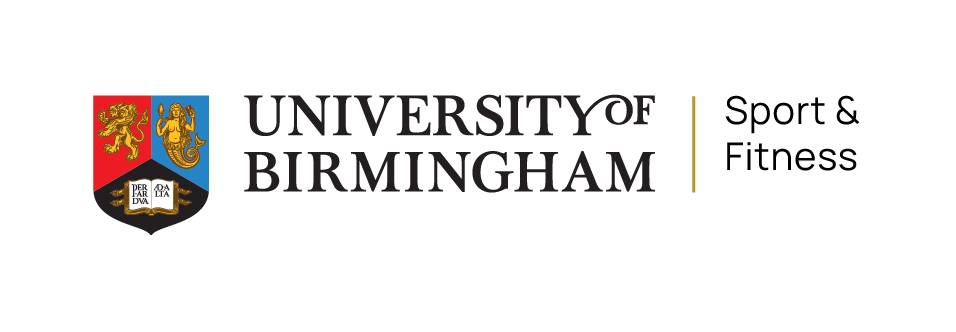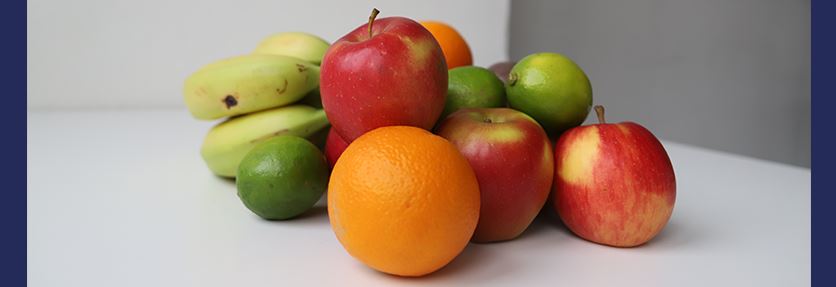You cannot ‘boost’ your immune function through your diet, however your diet can be used to optimise and support the normal functioning of the immune system. Many nutrients are involved in supporting immune function, and therefore a healthy and balanced diet that includes a wide variety of different foods is key. Read on to hear from Nutritionist Caroline about what the role of diet is in optimising immune function.
The following nutrients are of particular importance for the immune system to function optimally, and therefore you should ensure that you incorporate them into your diet:
| NUTRIENT | FOOD SOURCES |
|---|---|
| IRON | Beef, lamb, eggs, baked beans, kidney beans, chickpeas, tofu, figs, apricots, brazil nuts, sunflower seeds, sesame seeds, spinach, broccoli, peanut butter, almonds, prawns |
| VITAMIN C | Oranges, orange juice, red and green peppers, strawberries, blackcurrants, broccoli, brussel sprouts, potatoes, kiwifruit, papaya, cauliflower |
| ZINC | Meat, shellfish, legumes (chickpeas, lentils, beans etc), seeds, nuts, dairy, wholegrains, bread, cereal |
| VITAMIN D | Oily fish, cod liver oil, egg yolk, meat, margarine, fortified cereals/orange juice/milk |
| COPPER | Nuts and seeds, leafy greens, dark chocolate, liver, oysters, shiitake mushrooms, lobster |
What are some other top tips for helping to maintain immune function, particularly if you are exercising?
- Ensure you match your energy intake to your energy expenditure so that you do not end up in an energy deficit.
- Avoid fad diets because they may exclude entire food groups, or particular nutrients that are important.
- Consume >50% of energy intake as carbohydrate.
- Ensure that you have an adequate amount of protein in your diet by making sure that you incorporate it into each meal that you eat. Foods high in protein include meat, dairy, fish and nuts.
- Aim for >7 hours of sleep per night.
- Have a recovery snack immediately after exercising that contains both carbohydrate and protein, for example a milk based smoothie.
- Make sure you have eaten a sufficient amount before exercising so that you don’t run out of energy.
With limited food in the shops at the moment, how can I make the most of the food that I buy?
- If there is limited fruit on the shelves, then look in the frozen section instead. Frozen food contains just as many nutrients, if not more, than fresh fruit.
- Use up fresh ingredients in your fridge first as you don’t want any food to go to waste. Foods with a longer shelf life can be used up at a later date.
- Looks for fresh foods with a long shelf life, for example potatoes, carrots, onions, apples, onions, squash, beetroot and cabbage.
- To preserve fresh salad for longer, rinse and drain them, followed by drying them then placing them in a plastic storage tray. Make sure they are covered and kept in the fridge.
- In terms of cupboard essentials, look for energy dense foods that can be used in a variety of ways. For example, nuts, seeds, peanut butter and oats.
- Use this time as an opportunity to declutter your cupboards by using up things that you have had for a while.
Get more tips, information and recipes by following the Sport & Fitness Nutrition Instagram page @ubsportnutrition.
31.03.20





